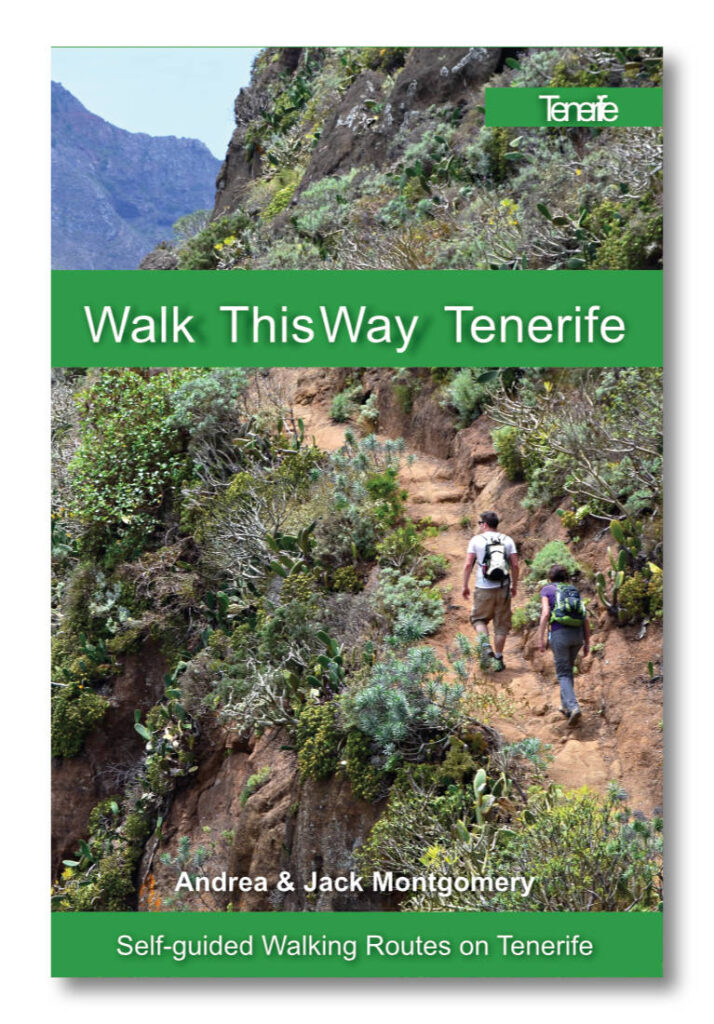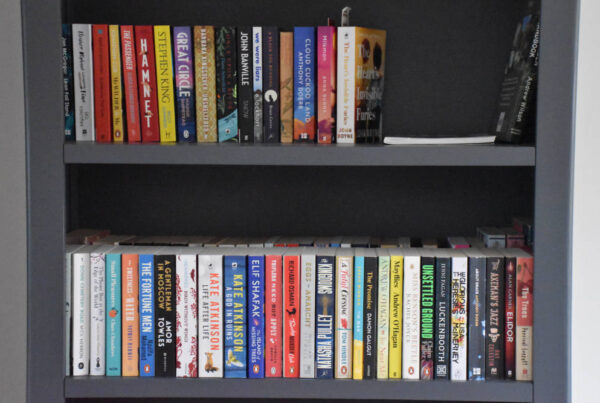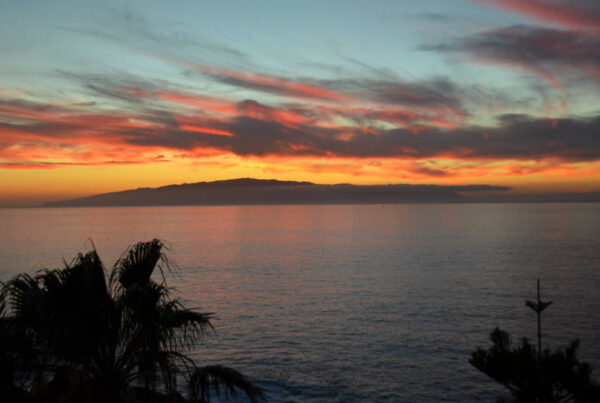Becoming a travel writer ruined some travel articles for me. The more I learned about travel writing practices in general, the more selective I became about which travel articles I read. A number of years ago I mentioned this to a friend, telling her that too many were written from behind a desk where the writer had little or no knowledge of the destination. She insisted the paper she read wasn’t like that. As it happened, I had a copy to hand. We flicked through it, with me muttering ‘copywritten, copywritten, copywritten,’ at nearly all the articles within its travel section, many of which amounted to little more than travel lists or advertorials. When I read a travel article, I want to feel the writer is sharing knowledge I couldn’t get from a couple of minutes of online research. I want insights and the sort of snippets that can only come from someone who has pounded cobbled lanes through historic quarters or sweated their way across hot and humid landscapes.
The problem with travel lists
Travel lists are a staple of travel sections in magazines and newspapers, and many bore the backside off me, but readers love them. They’re easy to read and are, or can be, useful. Yet most of them are copywriting, not travel writing.
I don’t despise travel lists; we write them ourselves. However, we only compile lists about topics/places/things we’ve experienced first-hand. I recently wrote about my top ten tapas in the Canary Islands for our Buzztrips website, but I’ve eaten a hell of a lot of tapas on every single one of the Spanish islands and my tastebuds are familiar with the range of small dishes commonly found on Canarian tapas menus.
When you see an article titled ‘top 10 wellness breaks in Europe,’ or ’10 beautiful villages you’ve never heard of,’ the chances are they’ve been written by someone who hasn’t experienced those wellness breaks or set foot in any of those beautiful villages. They are curated pieces, pulled together from research and plucked from PR releases. The reason I skip over them is I can carry out that research myself, so why do I need someone else’s? But if research isn’t somebody’s thing, then someone else doing it is a timesaver.

Lake Bled in Slovenia, an entry on a list of ‘Secret small towns’ despite it being the 4th most visited place in the country and a darling of international Instagrammers.
But there’s another reason I don’t pay any attention to most lists. They are completely arbitrary. Who decides the top 10 beaches in Europe or the 10 restaurants with the best views in the world? The person who’s writing the piece and maybe their editor, that’s who. There’s no robust methodology involved. Most lists like these are meaningless.
So, how can anyone who isn’t in the business tell the difference between arbitrarily curated travel lists and ones that contain useful content?
It’s not always easy, but there are a couple of ways. One is the subject matter. The broader it is, the more likely it is the entries are arbitrary – like the top 10 beaches in Europe. Then there’s the content. The desk-based research ones invariably have the same format – the text will be around 100 words, the content will come across as sounding knowledgeable, but the information will be general, lacking true detail, and will be something that could easily have been cut and pasted from elsewhere. And there’ll be a line of italicised text at the end; these lists are often soft selling something.
Useful travel lists, on the other, hand, tend to involve more narrow themes, the length of text can vary, and they may or may not have an italicised line at the end as sometimes details like prices are helpful. The content will also include snippets of information that feel more personal, that could only have been experienced by the person writing the list.
Whether travel lists are curated from research or first-hand experience may not ultimately matter to the average reader seeking holiday inspiration. If they provide information someone finds helpful, they’ve done their job. But they are not for me.













